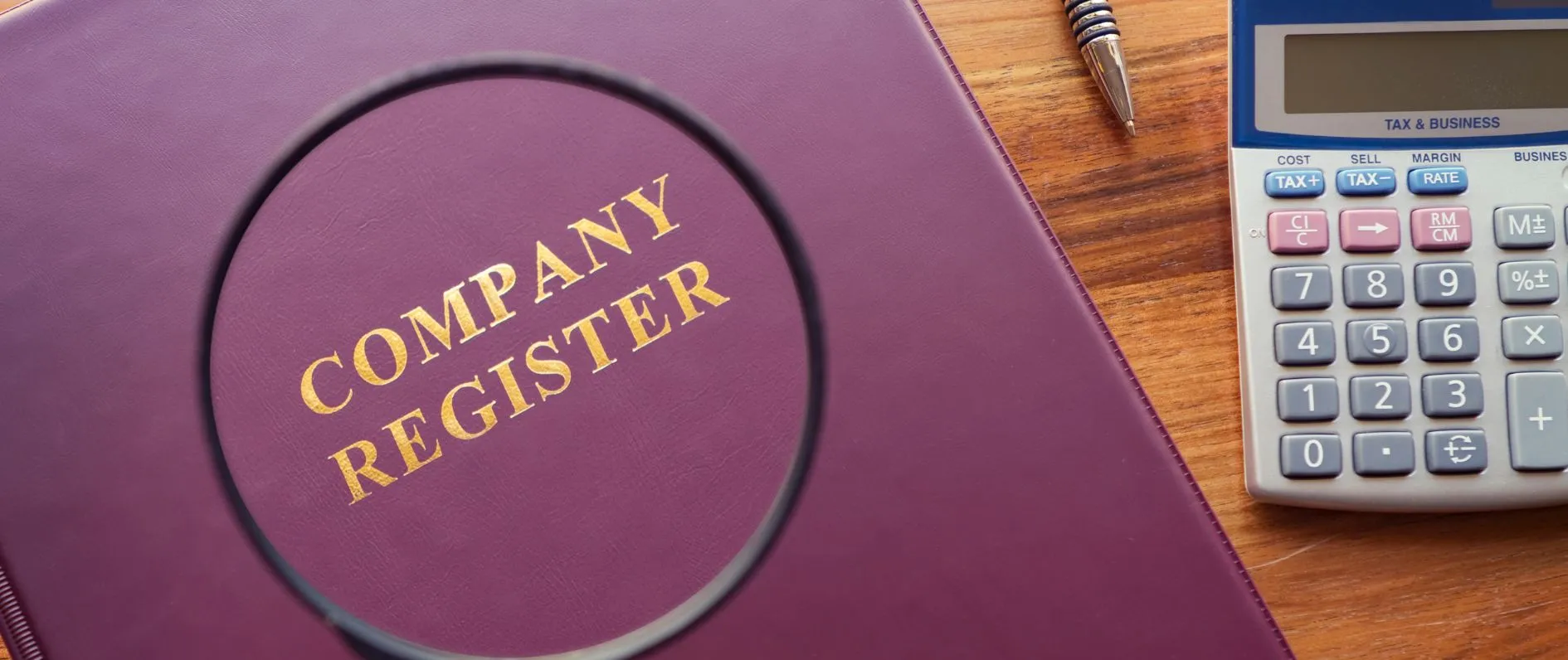Many international students studying in the UK dream of starting their own business. The UK’s dynamic entrepreneurial ecosystem, clear legal framework, and global market access make it one of the most attractive countries for innovation. But are international students and their dependants allowed to register a company in the UK? The answer is nuanced. This guide explains the rules, restrictions, and practical pathways for 2025.
Can International Students Register a Company?

Students in the UK on a Student visa (formerly Tier 4) are not permitted to run or register a business while studying. The visa conditions clearly prohibit engaging in self-employment, freelance work, or forming a limited company as a director. However, students are allowed to work part-time (up to 20 hours per week during term and full-time during holidays) in permitted roles.
This means that while you are enrolled in your degree, you cannot officially register or operate your own company.
Options After Graduation
Once you complete your studies, the situation changes:
-
Graduate Visa: This visa allows you to work in the UK for up to 2 years (3 years for PhD graduates). However, like the Student visa, it does not permit you to register a company or be self-employed.
-
Skilled Worker Visa: If you secure a sponsored role, you can work full-time in the UK, but cannot simultaneously run a business as your own company.
-
Innovator Founder Visa: This is the most relevant route for entrepreneurship. If you have an innovative, viable, and scalable business idea that has been endorsed by an authorised UK endorsing body, you can apply for this visa. It allows you to set up and run your own business in the UK.
-
Start-Up Visa (phased out, replaced by Innovator Founder): Previously available to graduates with endorsed business ideas, but as of 2023 has been replaced by the Innovator Founder route.
What About Dependants of Students?
Dependants (spouses or partners) of international students often enjoy more flexibility. In most cases, dependants are allowed to:
-
Work full-time without restrictions.
-
Register as self-employed or even open a limited company.
This means that while the student cannot establish a business during their studies, their dependant may be able to legally register and run a company in the UK.
Popular Legal Structures for Businesses in the UK
If eligible to register a company (as a dependant or on an Innovator Founder visa), you can choose from several structures:
-
Sole Trader: Easiest setup, minimal paperwork, suitable for freelancers.
-
Partnership: Two or more people run a business together.
-
Limited Company (Ltd): A separate legal entity, offering protection for personal assets and credibility for business operations.
Most international entrepreneurs prefer a limited company for its scalability and investor appeal.
Tax and Compliance
All businesses must register with HM Revenue & Customs (HMRC) and comply with UK tax regulations. Limited companies must also file annual accounts with Companies House. Dependants or Innovator visa holders running a company will need to ensure proper bookkeeping, payroll (if hiring staff), and VAT registration if turnover exceeds the threshold.
Why the UK Encourages International Entrepreneurs
The UK government recognises that international graduates and dependants bring fresh ideas and global perspectives. By providing pathways like the Innovator Founder visa, the UK aims to attract entrepreneurial talent, boost economic growth, and strengthen its position as a global hub for innovation.
Final Thoughts
While students on a Student visa cannot register companies, their dependents often can, and graduates have entrepreneurial pathways through the Innovator Founder visa. Understanding the legal framework and planning your business journey accordingly is key to long-term success.
If you’re an international student in the UK and want tailored advice on turning your business idea into reality, click here to book a free consultation with Universitio and explore the best pathway for your future.









